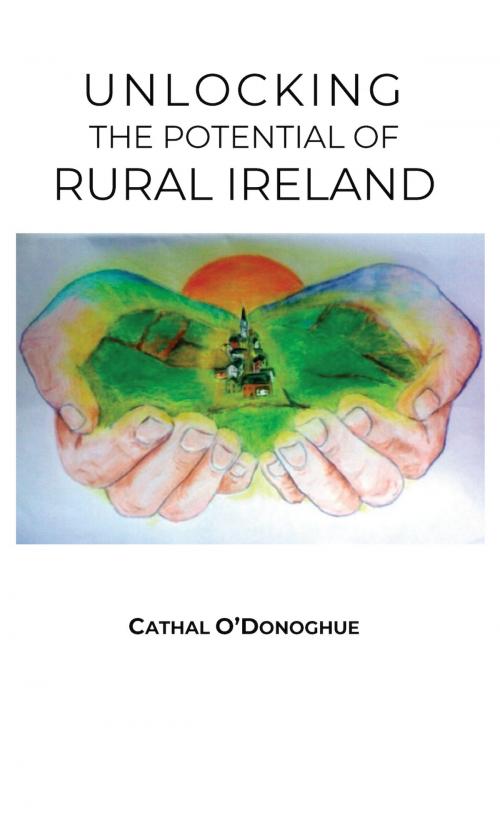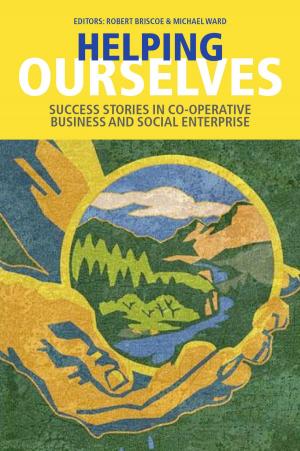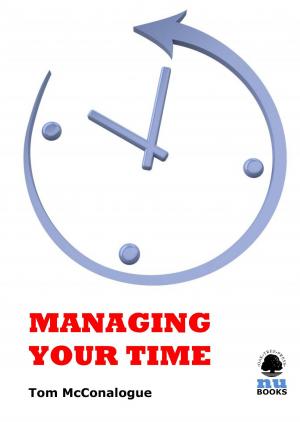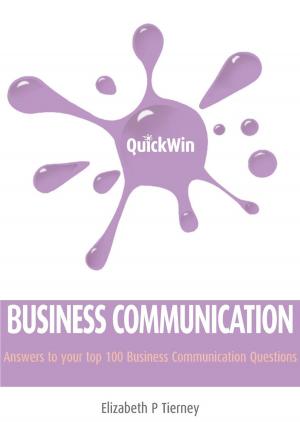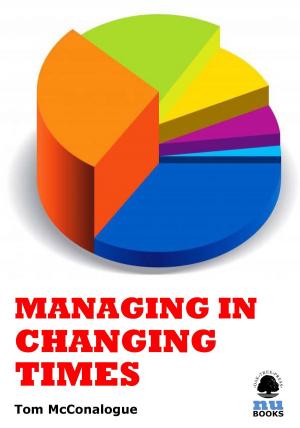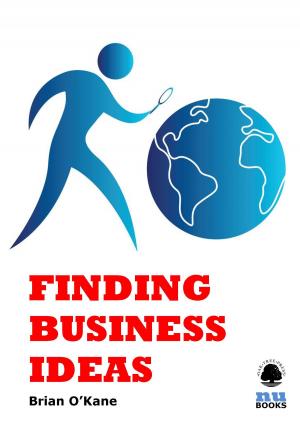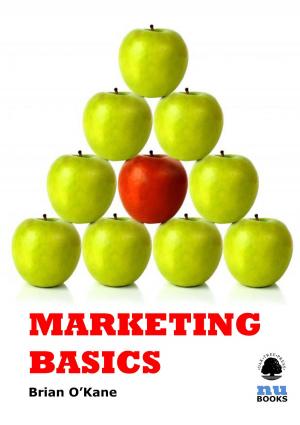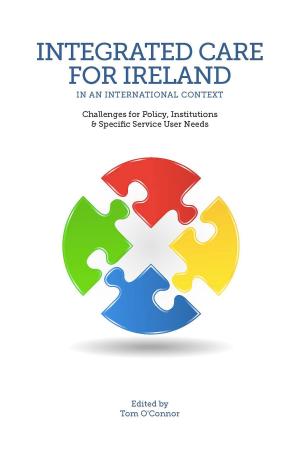Unlocking the Potential of Rural Ireland
Nonfiction, Social & Cultural Studies, Social Science, Sociology, Rural, Business & Finance, Economics, Economic Development| Author: | Cathal O'Donoghue | ISBN: | 9781781193945 |
| Publisher: | Oak Tree Press | Publication: | May 17, 2019 |
| Imprint: | Oak Tree Press | Language: | English |
| Author: | Cathal O'Donoghue |
| ISBN: | 9781781193945 |
| Publisher: | Oak Tree Press |
| Publication: | May 17, 2019 |
| Imprint: | Oak Tree Press |
| Language: | English |
The implementation of a 1999 White Paper on Rural Development was superseded by the construction boom in the early 2000s, which although bringing welcome jobs to rural areas was an unsustainable form of economic development. As a result, when the crisis hit, it hit rural areas disproportionally hard because neither the development infrastructure nor the strategic ideas were in place to deal with the challenge. Rural economic development issues had fallen in national priorities: in the 2011 Programme for Government, ‘rural’ was only mentioned once – and then only in relation to water. With a growing awareness that something needed to be done and done quickly, Prof Cathal O’Donoghue lobbied for and got approval to establish a Commission for the Economic Development of Rural Areas (CEDRA) in 2012. Its work formed the basis of significant policy developments, such as the establishment of a new Government Department and the roll out of an Action Plan for Rural Development. UNLOCKING RURAL POTENTIAL builds upon a decade’s analytical work by Prof O’Donoghue as the Head of Teagasc’s Rural Economy & Development Programme, as CEDRA’s CEO and as a Director of the Burren Lowlands Development Company. The aim is to bring together in an informative non-technical manner issues associated with the rural economy, providing a commentary on the issues and policies that affect Rural Ireland. The book starts with a short history of the rural economy since the 1950s, tracking some of the main trends and drivers. The next chapters define what Rural Ireland is and why we should be concerned about rural development. The middle of the book focuses on policy mechanisms to support jobs built around rural resources, in the local economy or in exporting. It finishes on the governance and policy formation mechanisms needed for sustainable, on-going policy development so as not to repeat the problems of the past. Structured as a series of magazine article-length chapters, UNLOCKING RURAL POTENTIAL deals with myths, discusses challenges and presents solutions to help citizens understand the issues and policies that relate to Rural Ireland.
The implementation of a 1999 White Paper on Rural Development was superseded by the construction boom in the early 2000s, which although bringing welcome jobs to rural areas was an unsustainable form of economic development. As a result, when the crisis hit, it hit rural areas disproportionally hard because neither the development infrastructure nor the strategic ideas were in place to deal with the challenge. Rural economic development issues had fallen in national priorities: in the 2011 Programme for Government, ‘rural’ was only mentioned once – and then only in relation to water. With a growing awareness that something needed to be done and done quickly, Prof Cathal O’Donoghue lobbied for and got approval to establish a Commission for the Economic Development of Rural Areas (CEDRA) in 2012. Its work formed the basis of significant policy developments, such as the establishment of a new Government Department and the roll out of an Action Plan for Rural Development. UNLOCKING RURAL POTENTIAL builds upon a decade’s analytical work by Prof O’Donoghue as the Head of Teagasc’s Rural Economy & Development Programme, as CEDRA’s CEO and as a Director of the Burren Lowlands Development Company. The aim is to bring together in an informative non-technical manner issues associated with the rural economy, providing a commentary on the issues and policies that affect Rural Ireland. The book starts with a short history of the rural economy since the 1950s, tracking some of the main trends and drivers. The next chapters define what Rural Ireland is and why we should be concerned about rural development. The middle of the book focuses on policy mechanisms to support jobs built around rural resources, in the local economy or in exporting. It finishes on the governance and policy formation mechanisms needed for sustainable, on-going policy development so as not to repeat the problems of the past. Structured as a series of magazine article-length chapters, UNLOCKING RURAL POTENTIAL deals with myths, discusses challenges and presents solutions to help citizens understand the issues and policies that relate to Rural Ireland.
